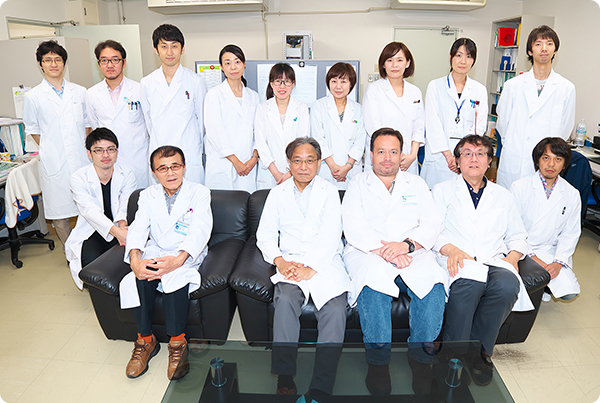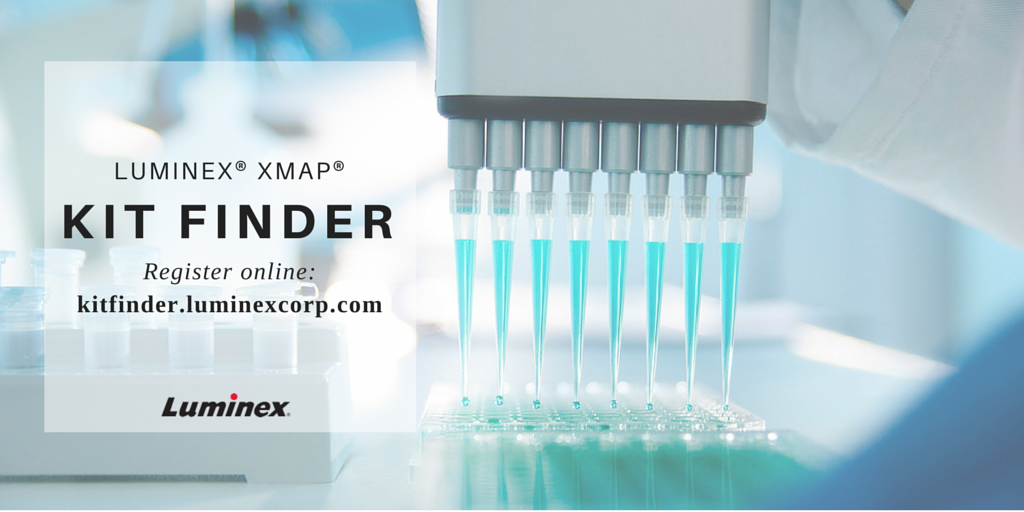Yoshihiko Fujita is discovering biomarkers to inform cancer treatment

 Yoshihiko Fujita is on the Faculty of Medicine in the Department of Genome Biology at Kindai University. Kindai University is the fourth largest comprehensive university in Japan. Dr. Fujita works in the laboratory of Kazuto Nishio, Chair of the Department of Genome Biology, who is renowned for his genomic analysis work of cancer that supports the development of predictive clinical biomarkers and personalized medicines. Dr. Fujita hopes to discover biomarkers that inform treatment selection and improve patient survival outcomes.
Yoshihiko Fujita is on the Faculty of Medicine in the Department of Genome Biology at Kindai University. Kindai University is the fourth largest comprehensive university in Japan. Dr. Fujita works in the laboratory of Kazuto Nishio, Chair of the Department of Genome Biology, who is renowned for his genomic analysis work of cancer that supports the development of predictive clinical biomarkers and personalized medicines. Dr. Fujita hopes to discover biomarkers that inform treatment selection and improve patient survival outcomes.
What technology does your lab use most often?
Our department operates the Genome Center at the Life Science Research Institute of Kindai University, which performs in-house clinical sequencing for hospital patients using next generation sequencing (NGS) and digital polymerase chain reaction (PCR). We use NGS to identify gene mutations, such as copy number variation, gain of function, and fusion proteins. Once we identify aberrantly expressed genes, we then move to our Bio-Plex® 200 system for further analysis. We also have a Bio-Plex Pro™ Wash Station reliability of our data. For these studies, we rely exclusively on xMAP®-based kits to quantitatively measure growth factors and angiogenesis-associated factors from pre-treatment patient plasma.
Tell me about your work.
Currently, I am conducting research in conjunction with three clinical trials to identify oncology response biomarkers. Two studies seek to discover predictive biomarkers for multikinase inhibitors (sorafenib and sunitinib) and one study is investigating opioid treatment in palliative care.

- We examined 40 factors from hepatocellular carcinoma patients before dosing with sorafenib to assess treatment response, specifically progression-free survival, overall survival, and response rate. Using a combination of the BioPlex Pro™ Human Cancer Biomarker Panel 1, 2, and TGF-β panels, we found low expression levels of osteopontin and sVEGFR1 were linked with extended overall survival.
- We evaluated 15 factors from metastatic renal cell carcinoma patients being treated with sunitinib to monitor therapeutic efficacy, specifically progression-free survival, overall survival, and adverse events. Using the MILLIPLEX® MAP Human Soluble Cytokine Receptor Panel, we found that high expression levels of sEGFR were correlated with significantly extended progression-free survival time.
- We tested the levels of 40 chemokines before morphine administration, post one day, and post eight days to establish a prognostic indicator between the concentration of each chemokine and pain control, morphine dose requirement, and adverse effects. We are using the Bio-Plex Pro™ Human Chemokine Panel for this ongoing study.
What about upcoming projects?
I am currently working on a couple of exploratory projects:
- We are interested in better understanding the role of immune checkpoint proteins in cancers of unknown primary site (CUP). CUP is a heterogeneous group of cancers that are currently diagnosed by immunohistochemical testing. There is no standard treatment regimen, and prognosis outcomes are poor. Preliminary microarray and immunostaining data indicate that programmed death-ligand 1 (PD-L1) and indoleamine-2,3-dioxygenase (IDO) expression is doubled in CUP versus normal tissue. We are using xMAP Technology to develop a quantitative method that will be more sensitive than immunostaining to detect CUP associated prognostic factors. This xMAP-based method will be leveraged in future studies where we plan to introduce nivolumab, the antibody-based immunotherapy against programmed death receptor-1 (PD-1).
- The majority of our projects are focused on cancer, but we are also interested in identifying biomarkers relevant to disease progression in sepsis. While some patients readily recover from sepsis, many others become severely ill and often die. Early intervention is critical to positive patient outcomes, so we hope to discover predictive biomarkers. We collected samples from mildly and seriously ill patients at day 1 and day 3 and are using the Bio-Plex Pro™ Human Chemokine 40-plex kit for analysis
Explore the xMAP® Kit Finder.
You can browse more than 1,400 commercially available multiplex immunnoassays from Luminex Licensed Technology Partners. Click here to learn more.
Bio-Plex Pro is a trademark of Bio-Rad Laboratories, Inc.
Luminex supports life science research with its Research Use Only (RUO) product portfolio. Not for use in diagnostic procedures.
